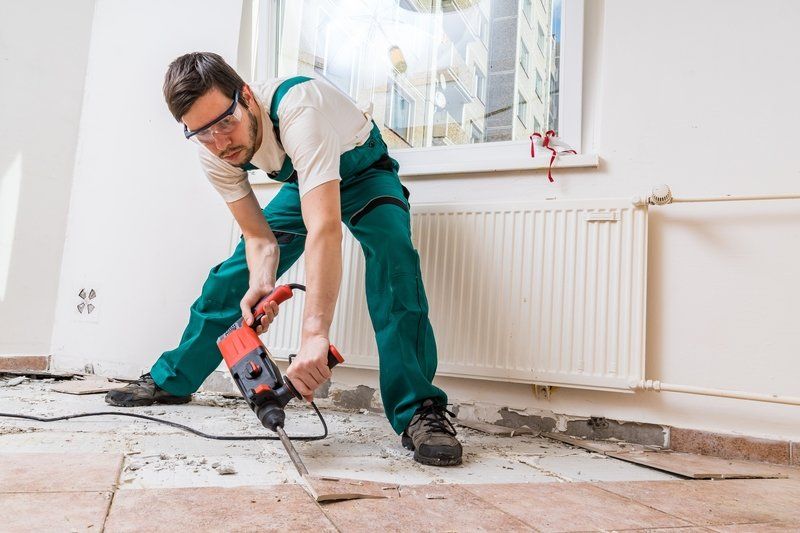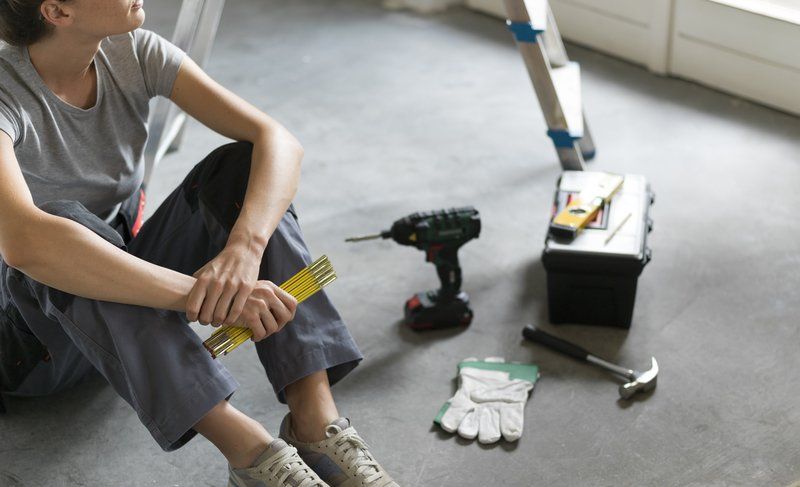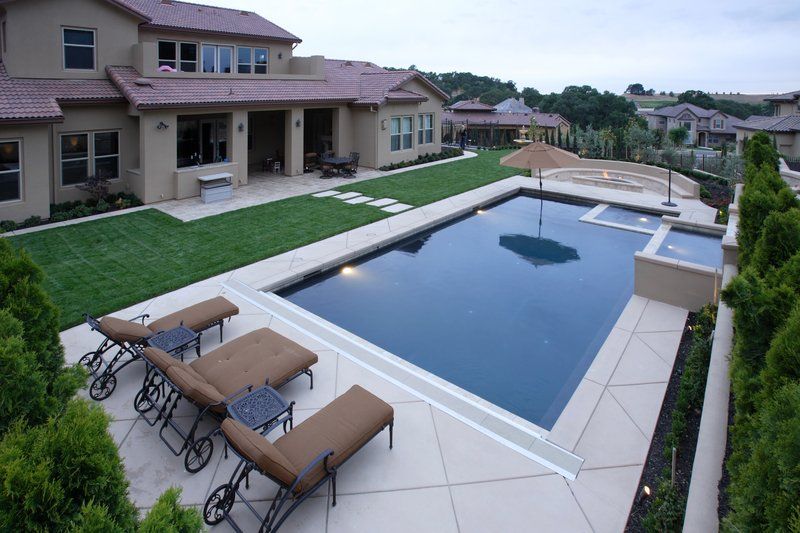Interested in a New Home? Don't Neglect These Tax Issues
- By Dotcom Design
- •
- 22 Apr, 2019
- •

After years of renting a house, you finally saved up enough money, took out a mortgage, and contact the best home builders you could find in Iowa City, IA and are building a great new home. This step is a huge one and you should be celebrated for it. However, you also need to be warned about the possibility of new and unexpected taxes coming your way. You also need to understand various types of deductions on your property.
The following information will help you better understand what to expect after builders finish your new house. Thankfully, you can work with your tax preparation expert to learn more about this issue and to ensure that you get the best possible results. Just as importantly, you need to save up a little cash to make sure that you don't run into any unexpected payments that end up causing you financial hardship.
New Taxes Will Impact Your Finances
Homeowners typically have to pay a large number of new taxes on their house. This fact is true even if you used home builders to craft a new house. These taxes vary depending on where you live and what kind of taxes are levied by your area. These typically include:
- Property taxes
- City taxes
- Luxury taxes
- Home building taxes
Typically, these payments are quite small to avoid costing you an excessive amount of money. However, you need to be prepared for several hundreds of dollars in new taxes every year. Thankfully, you can often make these payments on a quarterly basis to ensure that you don't miss them.
Just as importantly, you need to pay attention to any new taxes passed by your city. For example, millage taxes typically take a small amount of money out of your check to pay for various items, such as new schools or sewer systems. These typically come up for vote every four years and new ones may be passed that impact what you pay: if you don't own a house, you often don't pay these taxes.
Mortgage Interest Deduction
If you're hiring home builders to make you a new home and you owe a mortgage on it, you need to understand your mortgage interest deductions. The new tax code changed the maximum deduction on this option and is important to understand if you want to save yourself money. For example, all homes purchased or built after December 15, 2017 can have as much as $750,000 in mortgage to deduct.
This limit is different for married partners who live in the same home but who file separately. This limit is $375,000 or half of the $750,000. The good news about these changes is that any home built or owned before December 16, 2017 still have the $1 million limit and the $500,000 separate filing limit. However, this fact won't apply to you if you are building a new home.
If your home is mortgaged at or beneath those limits, you can report your interest payments to the IRS as a deduction to save yourself money. You need to use Form 1098 sent to you by your lender or servicer to find this number. Talk to your tax preparation official to ensure that you get the right forms and input the proper numbers to avoid any complications.
Home Expenses That You Can Deduct
Owning a new home is often a challenging one because you're going to have a large number of expenses that you simply didn't have when you rented. For example, home repairs and upgrades typically fall into a category of expensive home needs that can be complicated to understand from a tax perspective. Just as importantly, you need to know which of these items can be deducted and which cannot.
Put simply, you can typically deduct the cost of home improvements but cannot deduct the cost of repairs. There are a few reasons for this fact. First of all, home improvements are designed to enhance the quality and value of a home and are considered a wise personal investment. As a result, you can deduct them because you are working to improve the quality of your home.
However, general repairs typically cannot be deducted because they are considered basic steps that must be performed to keep your home livable. For example, repairing a series of broken shingles does, technically, improve the appearance of your house but doesn't upgrade its value. As a result, you should never try to deduct these repairs or you might end up with a nasty tax surprise.
Deducting “Points” for Your New Home
Buying a new home typically requires you to use a mortgage to pay home builders or real estate agents for their services. When you work with these professionals, you typically have to pay “points” in order to obtain a mortgage from a lender. These points refer to a variety of different elements, including maximum loan charges, loan discounts, and loan-origination fees.
One nice thing about these points is that you can typically deduct them on your taxes in the same year that you paid them. After you deduct them once, though, you can't use them again. There are a few standards that dictate when you can do this, including paying points to secure your main home, and that the points didn't replace any other fees you would normally pay for your home.
As always, make sure that you talk to you tax preparation expert to gauge if you qualify for this type of deduction. Most new homeowners will if they use a mortgage, though there are instances when you might find that you cannot. Your home designer may also help you understand whether or not you will qualify for this type of deduction.
Get Help for Your New Home
As you can see, taxes for new homes require a lot of careful thought and consideration. Thankfully, you can work with high-quality home builders to better understand these facts. Most builders have a basic understanding of these facts and can provide you with surprising insight into how they work. Just as importantly, they can build a home that you'll be proud to own for years to come.
So if you're interested in a new home and need home builders in Iowa City who you can trust, please don't hesitate to contact us at Arlington Development to learn more. Our experts can inspect your new piece of property and provide you with the help you need to build a home that you deserve. Just as importantly, we will work with you to get the high-quality building experience that you want.










